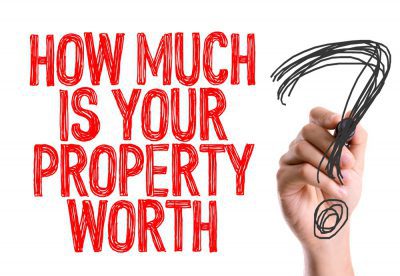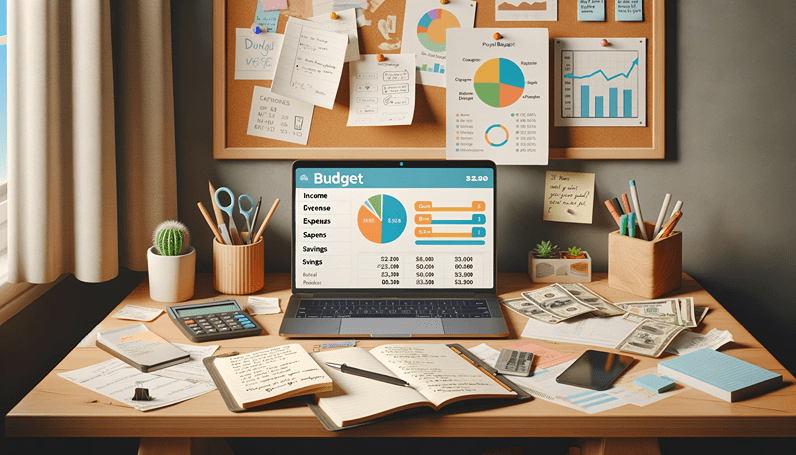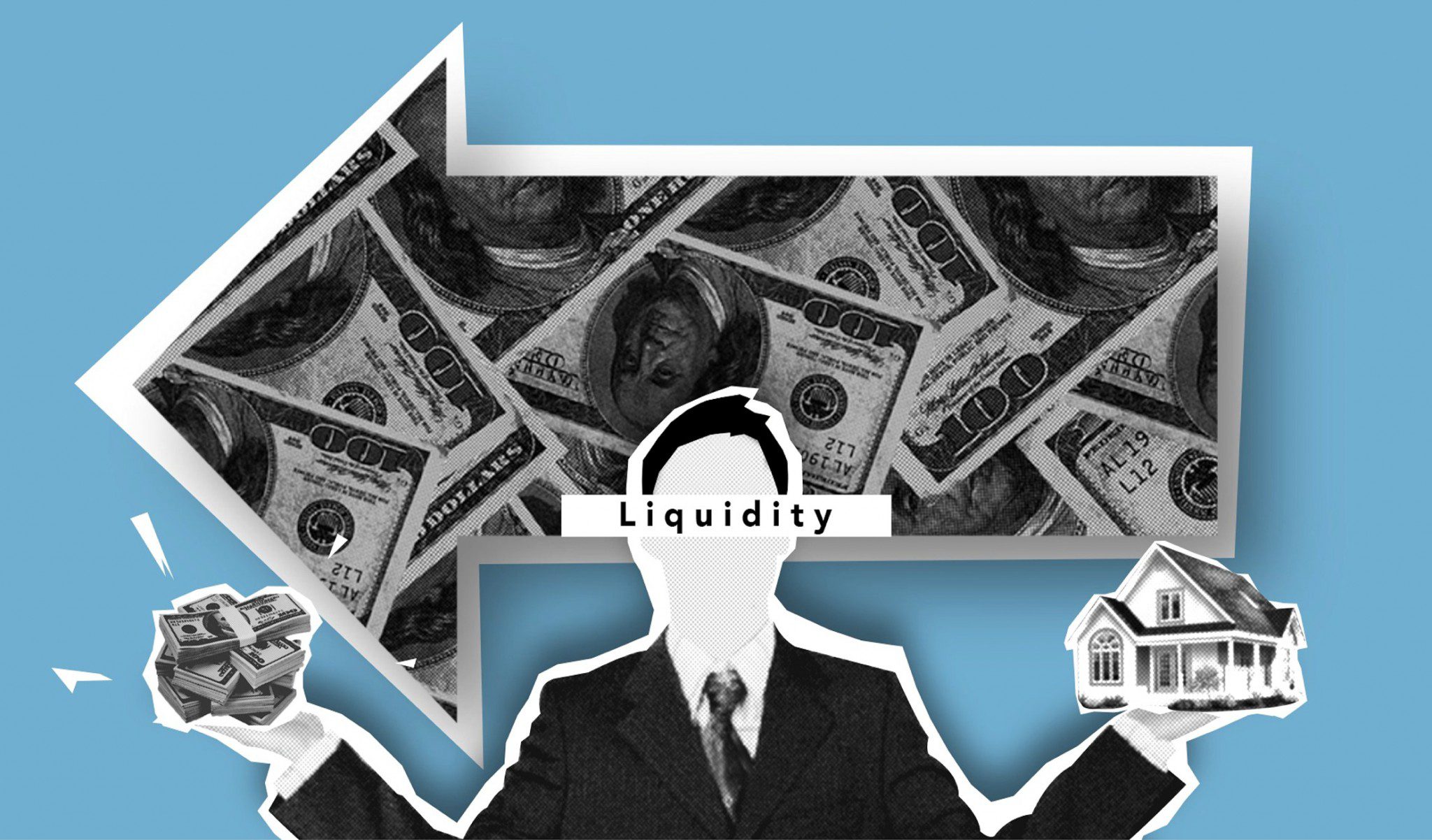What is the Value of your Property / Real Estate?
Table of Contents

How do you determine the market value of your house?
Often people wonder how the pricing decisions of houses or real estate on sale are made. Who decides how much a house is worth? and how do the banks decide how much your home is worth, when valuing your property for re-mortgage.
When it comes to determining the market value of your house, it’s like piecing together a complex puzzle where each piece represents a key factor: location, condition, size, upgrades, and the real estate climate. It’s not just about what you’ve added to your home or its history; it’s about understanding how your home fits into the broader market narrative.
Whether you’re considering selling or just curious, getting a grasp on your home’s market value is a smart move. It involves analysing recent sales of similar properties in your area, understanding current market trends, and sometimes, bringing in a professional appraiser for an expert opinion. This process ensures that you’re not just guessing but making an informed decision backed by real data and expert insights.
People’s perception of market value
Ah, the art of understanding people’s perception of a home’s market value – it’s a fascinating dance between emotion and economics. You see, for most people, a house isn’t just a collection of rooms and furniture; it’s a tapestry of memories, dreams, and aspirations. This emotional connection can sometimes color our perception of its worth. On the flip side, there’s the cold, hard reality of the market – where factors like location, size, recent renovations, and market trends hold sway.
Bridging this gap between sentimental value and market reality is key. It’s about appreciating that while your home might hold a special place in your heart, its market value is influenced by a myriad of factors that might not be immediately obvious. Understanding this delicate balance can help set realistic expectations and lead to smarter, more informed decisions when it comes to selling or buying a property.
People also automatically think price is value, as we have all been subject to consumer culture ever since birth. We have been programmed to accept and pay a fixed price for what we believe is value for the price that is paid.
Example: when you walk into a Nike store which displays a pair of running shoes for RM400. If you like the shoe and if it fits well you will pay the price of the shoe. Hence automatically you are assuming that price equals value.
What people don’t understand is that the notion of price equals value is not accurate. Especially when it comes to property.
So what is market value then?
Market value as defined by the International Valuation Standard Committee (IVSC) as “ The estimated amount for which a property should exchange for at the date of sale between a willing buyer and a willing seller in an arm’s length transaction after proper marketing wherein the parties had acted knowledgeably, prudently, and without compulsion.
This definition has been adopted by valuation associations worldwide and is the basis of how a property valuer would assess a property. But this is different to how Real Estate Agents assess your property as agents tend to compare your properties with other listed prices on the market. This in its self is a flawed methodology.
Why listed prices are not a good indication of market value
When it comes to real estate, it’s easy to think that the listed price of a property is a solid indicator of its market value, right? Well, not quite. Think of listed prices as the opening bid in a high-stakes auction – they’re often more about strategy and psychology than actual value. Sellers might set a high price hoping to attract buyers who want the ‘best’, or they might go lower, aiming to spark a bidding war. What’s more, these prices can be swayed by a host of factors: emotional attachment, a seller’s urgency, or even a real estate agent’s tactics.
The real meat of the matter – the market value – is a more nuanced figure. It’s shaped by hard data like recent sales of similar properties, neighbourhood trends, and economic conditions. So, while listed prices can give you a ballpark, they’re just the appetiser in the grand feast of property valuation. To really understand a home’s worth, you’ve got to dig deeper, beyond the for-sale sign, into the nitty-gritty of the market itself.
Also initial asking prices are often inflated, as owners may only be testing the market to see what kind of reception they receive, and they may not even really want to sell in the first place. And sellers may have a deep emotional connection with their property, and hence their idea of market value is actually what we call “special value” which is based on their emotional attachment to the property.
So how do we accurately assess market value of a property?
Accurately assessing the market value of a property is a bit like being a detective in the world of real estate. It’s not just a matter of looking at a price tag; it’s about diving into a pool of various factors that paint the full picture. You start by comparing similar properties in the area that have recently sold – these are your clues. Then, you factor in the unique features of your property: its size, condition, upgrades, and even its story.
It’s also crucial to keep your finger on the pulse of current market trends – are prices in your area going up or down? What’s the demand like? Sometimes, you might even call in an expert – a professional appraiser – to give an unbiased valuation. This careful gathering and analysis of information help you arrive at a realistic, data-backed figure. One thing we have to realise is that estimating market value is not a science but more of an art. Property valuers do this for the bank every day and it combines the use of sound methodology and market experience

So what is this methodology we are talking about?
For residential properties, the most appropriate method of valuation is on a direct comparison approach. This method involves the comparison of the property to be valued with sales of similar properties. Comparison can be made in many forms including straight comparison, or analysis on a rate per area basis.
Firstly when using this method, it is essential that we compare like for like (apples with apples). So in theory if you were looking to assess the market value of your house and you find out that there were two identical houses which recently sold along your street for RM1,000,000 and RM 1,050,000 with all things being equal, chances are that your house is worth somewhere in the range of RM1,000,000 and RM1,050,000.
This would be in an ideal situation, however sometimes it can be difficult to find two similar/comparable investment properties to directly compare. Often there are differences in the quality of the building, the level of fit-out, the age of the building, the size of the building, the location etc.
When there are substantial differences, adjustments must be made to take into account these factors.
So when using this methodology, what are the comparison factors does one need to look at? Some of the more common factors include but are not limited to :
- Size- How big is your house.
- Location- Is your property in a desirable suburb/area.
- Condition- What is the current condition of your house, Lots of repairs needed or newly renovated.
- Age- How old is your house ( Usually tied in with condition of house)
- Presentation- How well presented is it, or how good does it look
- Position- Is it positioned along a busy road? Or positioned opposite a beautiful park.
- Views- What type of views does the property have
Ultimately valuations are a matter of professional opinion and can sometimes be subjective especially when there is a scarcity of recent market evidence. So keep this in mind the next time you are either looking for a new house to buy to live in or looking for an investment property to invest in.
Need an estimate valuation of your property ?
Free Valuation: Get Your Property Valued [Free Valuation Report]






 WhatsApp us
WhatsApp us